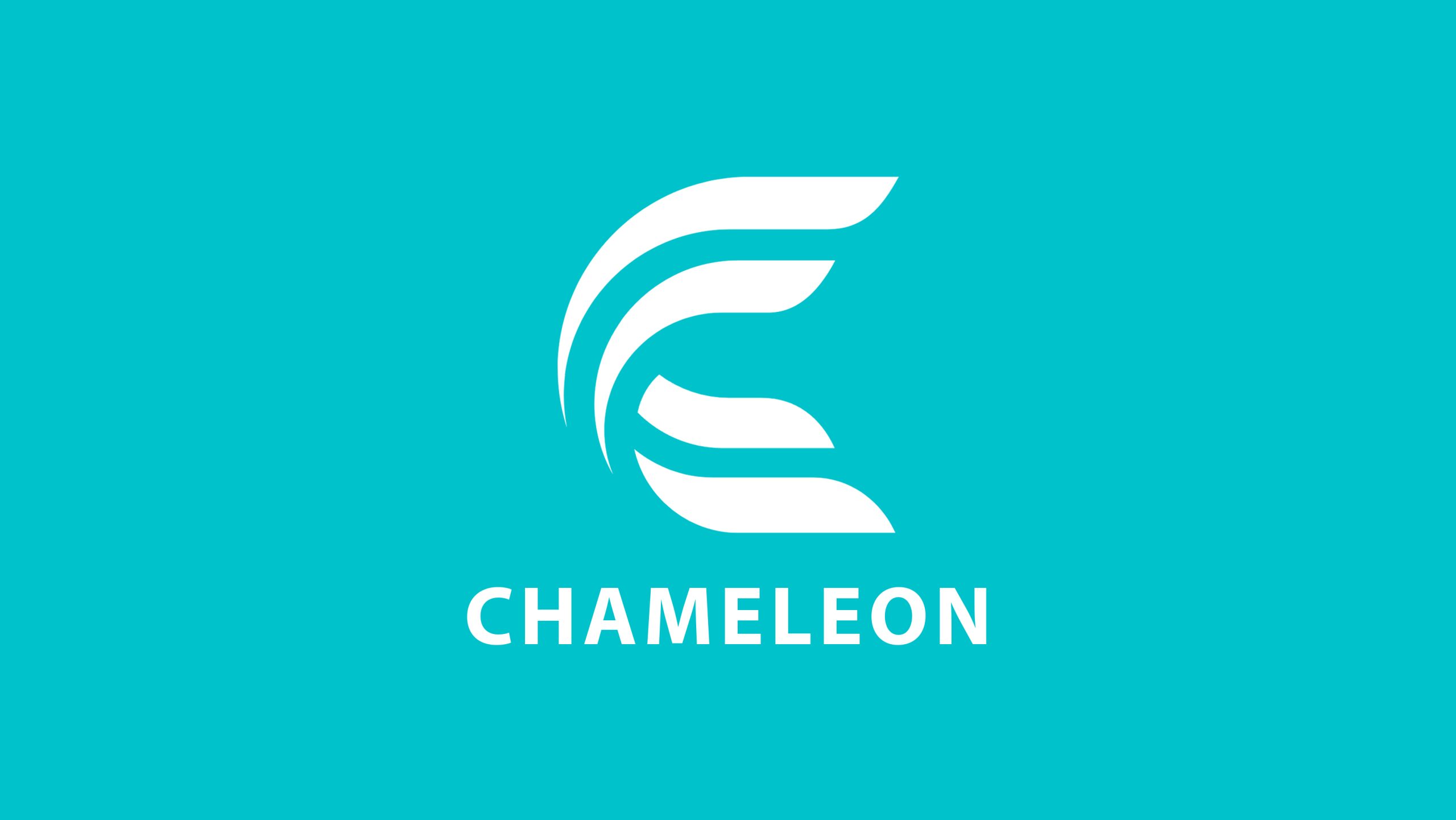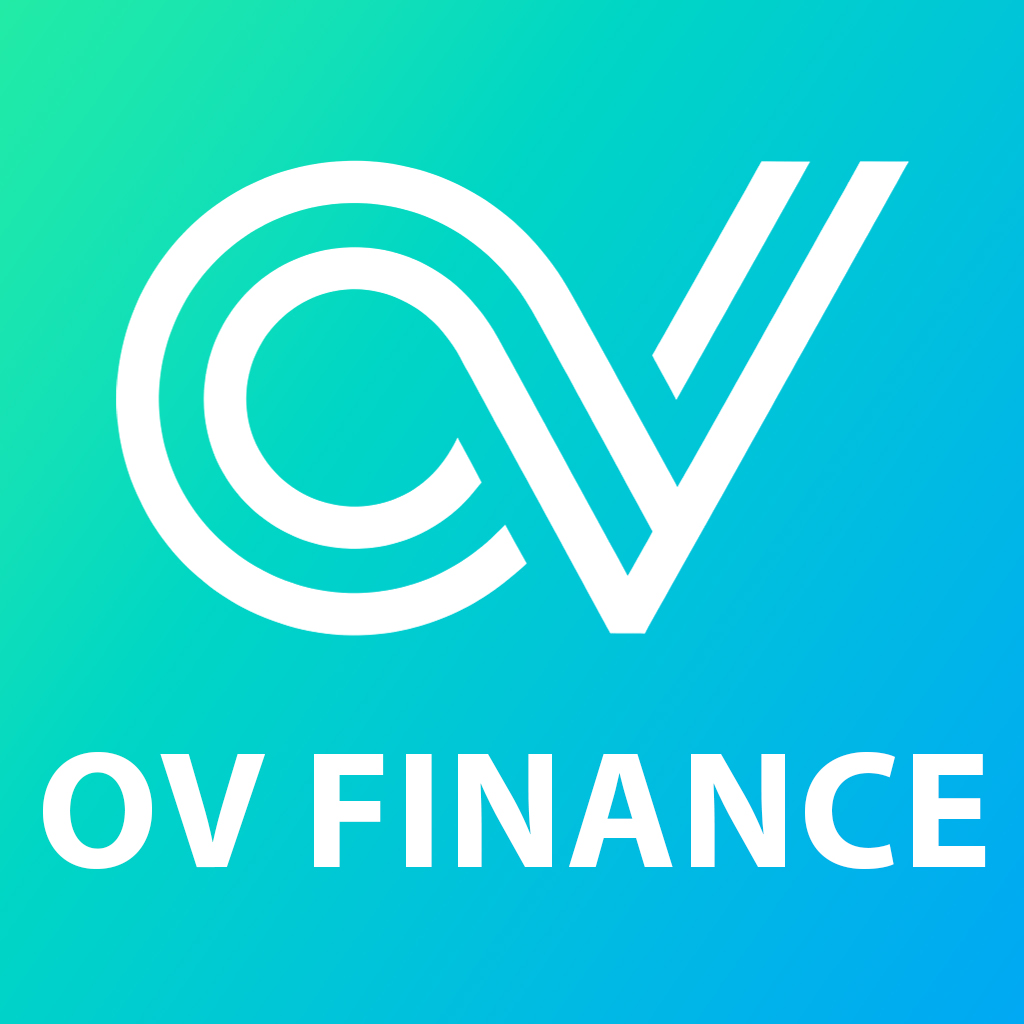Blockchain
UBC launches Canada’s first graduate blockchain training path

The University of British Columbia (UBC) is launching Canada’s first blockchain and distributed ledger technology training path for graduate students. The initiative aims to build capacity for existing master’s and PhD students in this area and help scale Canada’s blockchain industry while also tackling some of the world’s most complex socio-technical issues.
Set to become the world’s most multidisciplinary blockchain training path, the unique initiative will provide students with next-generation tools and applications to address issues in FinTech, engineering and computer science, and information governance through its disciplinary streams.
“As the country’s first graduate blockchain learning path, the initiative is transformative to the blockchain sector in Canada and beyond,” said Victoria Lemieux, UBC iSchool associate professor and Blockchain@UBC cluster lead. “The initiative will allow students to develop the skills around emerging technologies that are in high demand as well as drive economic growth as graduates fill the void in the industry.”
The training path will focus on four primary sectors: health and wellness, clean energy, regulatory technology and Indigenous issues, and aims to train 139 students over six years. The initiative is supported by 15 industry partners from a wide range of sectors who will be offering students high-value internships in collaboration with Mitacs. Boehringer Ingelheim (Canada) Ltd. will be a flagship partner, providing funding to support research at the intersection of blockchain and healthcare.
“We are proud to be part of a collaboration that is considered to be the first in Canada offering multidisciplinary graduate education in blockchain technology, developing the next generation of innovators,” said Uli Brödl, vice president, medical and regulatory affairs, Boehringer Ingelheim (Canada) Ltd. “This collaboration will allow us to grow the knowledge base and expertise of scientists to leverage the value of blockchain technology in healthcare.”
Mitacs will provide $1.324 million over six years to match industry funding on an annual basis for up to 18 master’s and eight PhD internships, including skills training and capacity for international experience. This represents a combined potential value of over $2.44 million for 156 internships and post-doctoral training projects.
“Mitacs is pleased to support UBC’s graduate blockchain initiative, which will foster innovation and the training of highly skilled talent to strengthen Canada’s leadership in this emerging area of multidisciplinary research and business transformation,” said Mitacs CEO and Scientific Director, Alejandro Adem.
The initiative will be taught by UBC faculty from diverse disciplines, all of whom are well connected with the local community as well as blockchain research centers around the world. As part of the learning outcomes, students can expect to critically analyze blockchain solutions as well as explore innovative areas where blockchain can be applied to achieve business, social and technical benefits.
The training path will officially launch in January 2020.
For more information, visit: https://blockchain.ubc.ca/
Quick facts:
- In recent years, blockchain has emerged as a powerful method of providing security and trust in handling data, with countless technical, economic, social and political applications.
- Blockchain is designed to enable frictionless peer-to-peer interaction without the need for a trusted middleman.
- Yet, there is little overlap between academia and industry as well as a critical shortage of qualified professionals in the industry.
- Victoria Lemieux, UBC School of Library, Archival and Information Studies, is the founder of Blockchain@UBC and co-leads the cluster with Chen Feng, from UBC-Okanagan School of Engineering. Their interdisciplinary collaboration recognizes the value of a multidisciplinary approach to blockchain and distributed ledger technology development and the need to span both natural science and engineering (NSE) and non-NSE disciplines to leverage this emerging technology in the best interests of all Canadians.
SOURCE University of British Columbia
Blockchain
Blocks & Headlines: Today in Blockchain – April 25, 2025 | BitNile, Dutch Blockchain Week, Citigroup, Philippine Blockchain Week, D.O.G.E Foundation

Blockchain’s metamorphosis from niche ledger technology to the backbone of Web3 has never been more evident. Today, we cover five stories that illustrate the evolving ecosystem: a gaming platform issuing its own token on Solana; Europe’s marquee Web3 summit; a major bank forecasting a “ChatGPT moment” for blockchain; a Southeast Asian conference aimed at busting crypto myths; and a foundation rebuilding blockchain from the ground up to solve scalability. Each development—whether product launch, industry gathering, macro forecast, educational initiative, or infrastructure innovation—offers a window into the trends shaping decentralized finance, NFTs, DeFi, and beyond.
1. BitNile.com to Launch Nile Coin on Solana
News Summary
Hyperscale Data’s subsidiary BitNile.com will introduce the Nile Coin on Solana starting May 1, 2025. The U.S.–based social gaming site chose Solana for its high throughput and low fees, aiming to enhance in-game economies, reward engagement, and deliver seamless micro-transactions. Details on tokenomics and governance are forthcoming, but management touts Nile Coin as a cornerstone of future gaming experiences.
Source: CoinTrus
Analysis & Commentary
Launching a proprietary token underscores two converging trends: the gamification of finance and finance-ification of gaming. By minting Nile Coin, BitNile.com taps into DeFi mechanics—staking, liquidity pools, NFT rewards—while leveraging Solana’s scalability. Strategically, BitNile.com positions itself for partnerships with NFT marketplaces and DeFi protocols, potentially opening secondary markets for in-game assets and generating new revenue streams beyond ad sales or subscription fees.
2. Dutch Blockchain Week 2025 Gears Up in Amsterdam
News Summary
From May 19–25, Amsterdam will host the sixth annual Dutch Blockchain Week, culminating in the two-day summit (May 21–22) at De Meervaart. Tier 1 exchanges (Bitvavo, Kraken, Coinbase), Web3 pioneers (WOW.ai, Blockrise), regulators (European Commission, De Nederlandsche Bank), and industry partners (Mastercard, Deloitte) will convene. Side events range from AI-powered hackathons tackling compliance to padel networking meetups—underscoring the event’s blend of technology, policy, and community.
Source: Dutch Blockchain Week
Analysis & Commentary
Dutch Blockchain Week typifies the maturation of blockchain conferences into multidisciplinary forums. Beyond token talk and yield farming, panels on regulation, institutional adoption, and security reflect Web3’s integration into mainstream finance. Anticipate announcements on CBDC pilots, DeFi compliance frameworks, and cross-chain interoperability projects that may emerge from the Block & Order Hackathon.
3. Citigroup Predicts Blockchain’s “ChatGPT Moment”
News Summary
In an April 23 report, Citigroup analysts argue that 2025 could be blockchain’s “ChatGPT moment,” driven by regulatory clarity around stablecoins and integration with traditional financial systems. They forecast stablecoin market capitalization ballooning to $1.6 trillion (base case) or as much as $3.7 trillion (bull case) by 2030—anchored by dollar-denominated issuers and collateralized with U.S. Treasuries. Regulatory frameworks like the GENIUS Act could catalyze adoption among banks and fintechs.
Source: Cointelegraph
Analysis & Commentary
Drawing parallels to generative AI’s explosive growth, Citigroup envisions a tipping point where blockchain moves from experimental to essential infrastructure. Successful integration will hinge on robust compliance tools, auditability, and clear governance models. Enterprise blockchain vendors should prepare for surging demand in tokenized payments, on-chain settlements, and embedded DeFi rails within legacy systems.
4. Philippine Blockchain Week 2025 Debunks Crypto Myths
News Summary
Scheduled for June 10–11 at SMX Convention Center Manila, Philippine Blockchain Week (PBW) 2025 will tackle misinformation and spotlight real-world use cases. Highlights include “Crypto, Unpacked” sessions demystifying the technology; “Smart Regulation” panels uniting policymakers and innovators; and “Blockchain for Impact” showcases on remittances, disaster relief, and digital identity. Founding President Donald Lim emphasizes government support and public–private collaboration to spur inclusive growth.
Source: UseTheBitcoin
Analysis & Commentary
PBW exemplifies how emerging markets leverage education to accelerate Web3 adoption responsibly. By engaging regulators early, PBW can shape balanced frameworks that encourage innovation while protecting consumers—an instructive model for markets wrestling with both hype and skepticism.
5. D.O.G.E Foundation Launches New Blockchain, Opens Seed Round
News Summary
The D.O.G.E Foundation announced a ground-up blockchain rebuild designed to solve the scalability and reliability challenges plaguing existing networks. This modular architecture separates validation from execution to enable parallel transaction processing—targeting real-time gaming, DeFi under high load, and AI-driven applications. A seed funding round is now open to investors who share the vision of a performant, decentralized infrastructure.
Source: D.O.G.E Altcoin GlobeNewswire
Analysis & Commentary
As layer-1 congestion and high gas fees persist, new entrants must justify a “why now” with clear architectural advantages. If the D.O.G.E blockchain delivers real-world throughput and maintains decentralization, it could spur a renaissance of high-performance DeFi protocols and NFT platforms hungry for cost-effective base layers.
Conclusion & Key Takeaways
-
Tokenization of Entertainment: BitNile’s Nile Coin on Solana highlights blockchain’s expansion into gaming economies and NFT reward systems.
-
Convergence of Tech, Policy & Community: Dutch Blockchain Week showcases Web3’s evolution into an ecosystem engaging regulators, enterprises, and developers under one roof.
-
Mainstream Inflection Point: Citigroup’s “ChatGPT moment” thesis suggests blockchain is poised for exponential adoption given regulatory support.
-
Education as Catalyst: Philippine Blockchain Week’s myth-busting curriculum underscores the importance of public–private dialogue in emerging markets.
-
Infrastructure Innovation: The D.O.G.E Foundation’s modular, high-throughput chain exemplifies the next wave of layer-1 networks addressing real-time, real-world use cases.
Today’s stories convey that blockchain’s next chapter will be written through strategic token launches, global convenings, regulatory clarity, educational outreach, and radical infrastructure redesign. By tracking these threads, industry participants can anticipate opportunities in DeFi, NFTs, Web3 games, and enterprise integration. Stay tuned for tomorrow’s Blocks & Headlines, where we’ll continue to decode the innovations shaping decentralized finance.
The post Blocks & Headlines: Today in Blockchain – April 25, 2025 | BitNile, Dutch Blockchain Week, Citigroup, Philippine Blockchain Week, D.O.G.E Foundation appeared first on News, Events, Advertising Options.
Blockchain
Chameleon Finance Launches Green Finance Initiative to Advance Sustainable Digital Asset Infrastructure
Blockchain
Ov Finance Upgrades Blockchain Infrastructure to Deliver Faster, Safer Digital Asset Trading
-
Blockchain5 days ago
Islamic finance Market to Reach $3.4 Trillion by 2027 in the short run and $7.7 Trillion by 2033 Globally, at 12.0% CAGR: Allied Market Research
-

 Blockchain4 days ago
Blockchain4 days agoBlocks & Headlines: Today in Blockchain – April 22, 2025 (Activity‑Weighted Consensus, Pectra Upgrade, Yoki Legacy, Verae–Evercycle, Earth Day)
-

 Blockchain3 days ago
Blockchain3 days agoBlocks & Headlines: Today in Blockchain – April 23, 2025 – EDPB, Binance, MicroCloud, Nile Coin, TruaBroker
-

 Blockchain2 days ago
Blockchain2 days agoBlaqclouds Board Approves 30-Day Revenue Acceleration and Ecosystem Monetization Plan
-

 Blockchain2 days ago
Blockchain2 days agoBlocks & Headlines: Today in Blockchain – April 24, 2025 (Decrypt, CoinDesk, Cointelegraph, 80 Level, UNDP/BGA)
-

 Blockchain Press Releases5 days ago
Blockchain Press Releases5 days agoIntroducing Clementine Bridge: Citrea Deploys First Complete BitVM Bridge Design on Testnet
-

 Blockchain Press Releases3 days ago
Blockchain Press Releases3 days agoCompass Mining Partners with NiceHash to Provide Discounted Pool Fees to Customers
-

 Blockchain Press Releases6 days ago
Blockchain Press Releases6 days agoBingX Brings Balance (EPT) to Spot with a 200 Million EPT Xpool









































